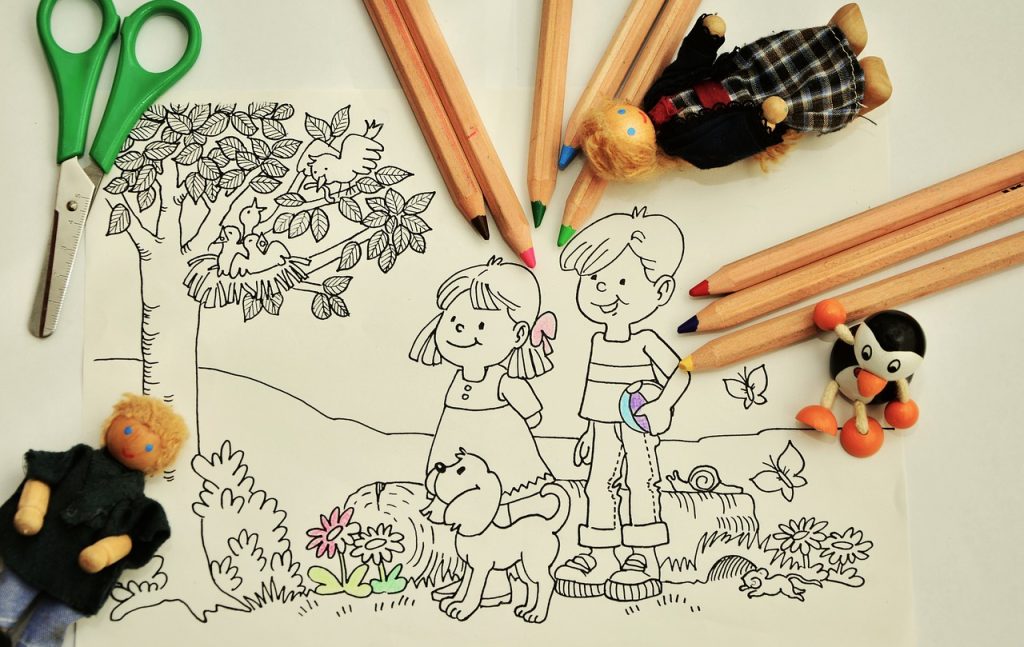iring the perfect nanny is an important decision for any family, as this individual will play a significant role in your child’s life. To ensure the best care for your little ones, it’s essential to find a nanny who aligns with your family’s values and needs. In this article, we’ll discuss the key steps to finding the perfect nanny for your family.
Introduction
Hiring the perfect nanny is an important decision for any family, as this individual will play a significant role in your child’s life. To ensure the best care for your little ones, it’s essential to find a nanny who aligns with your family’s values and needs. In this article, we’ll discuss the key steps to finding the perfect nanny for your family.
Step 1: Define Your Needs and Preferences
Before starting your search, take the time to outline your family’s specific needs and preferences. Consider factors such as the nanny’s schedule, responsibilities, experience, and education. Do you need a live-in or live-out nanny? Would you prefer someone with a background in early childhood education or a more informal childcare experience? Clarifying your expectations will make it easier to find the right candidate.
Step 2: Start Your Search
There are several avenues to explore when searching for the perfect nanny:
- Personal Recommendations: Ask friends, family members, and colleagues for referrals. Personal recommendations are often the most reliable source when searching for a nanny.
- Nanny Agencies: Reputable nanny agencies can simplify the process by pre-screening candidates and matching you with suitable applicants. .
- Online Platforms: Websites and social media groups dedicated to childcare can be a valuable resource for finding potential candidates. However, keep in mind that you’ll need to conduct thorough background checks and screenings on your own.
Step 3: Conduct Interviews
Once you have a list of potential candidates, schedule in-person or video interviews. Prepare a list of questions covering topics such as their experience, childcare philosophy, and how they handle challenging situations. Also, ask for references from previous employers.
Step 4: Check References and Background
Always contact the candidate’s references to gain insight into their work ethic, reliability, and compatibility with your family. Additionally, conduct a comprehensive background check, including criminal history, driving records, and verification of any certifications, such as CPR and First Aid.
Step 5: Conduct a Trial Period
Before making a final decision, arrange a trial period where the nanny spends time with your family. This will allow you to observe how they interact with your children and whether their approach aligns with your expectations.
Step 6: Establish a Contract
Once you’ve found the perfect nanny, create a detailed contract outlining their responsibilities, salary, benefits, and other essential terms. This will help ensure a clear understanding of expectations and provide a solid foundation for a successful working relationship.
Conclusion
Finding the perfect nanny takes time, patience, and diligence. By following these steps and trusting your instincts, you’ll be well on your way to securing the best possible care for your children. Remember, the right nanny will not only provide exceptional care but will also become an invaluable part of your family’s life.Regenerate response










